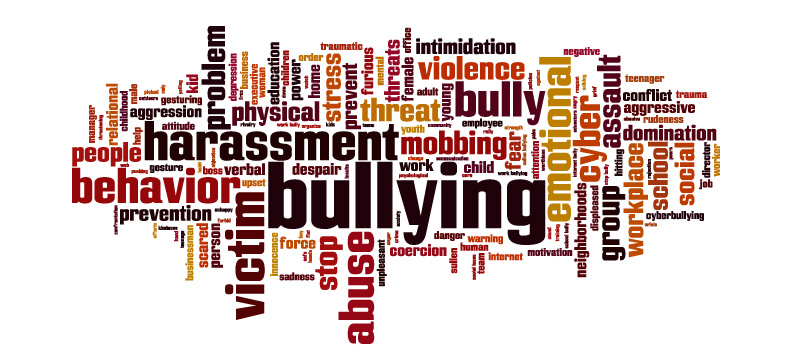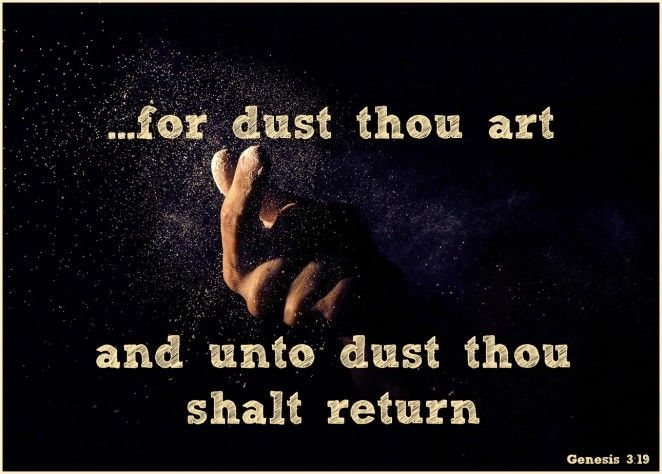
Hillsong, the immensely powerful network of Christian megachurches, is in the midst of a new crisis. Readers who want to know the details of the latest reported scandals can read a huge amount of material on the internet. A new television documentary on Hillsong is currently being released and this will contain revelations of various kinds, with much of the speculation focussed on the leader and founder, Brian Houston. Among other things, he has been reportedly found to have been with a woman in a hotel bedroom who was not his wife. Houston has recently been required, not only to step back from his responsibilities, but to step down as leader. His position as the founder/leader of Hillsong seems to have been made impossible. For many people there is little surprise in discovering that Christian leaders are involved in sexual scandal and I do not intend to focus on any of the detail of the reported misbehaviour. Rather, what I want to do is to reflect on the wider issue of scandal in the Church and how it can damage the institution in ways that are not always obvious at the time.
When sexual scandals break in the Church, the first thing often to be mentioned is the fact of hypocrisy. The standards of Christian morality are undermined when Christians, especially their leaders, engage in sexual behaviour which, while it may not break the law, certainly offends the ten commandments and/the New Testament injunctions to love our neighbour. Some sexual behaviour is contested as to whether it is indeed immoral. The churches are still debating whether same sex behaviour is ever justified or whether it can be regarded as a moral form of sexual self-expression. I have to confess to a certain weariness with the arguments on same-sex behaviour. These have been rehearsed over and over again throughout my adult life. The area of behaviour which is regarded as invariably ‘sinful’ is that behaviour which involves betrayal and deceit. But it still needs to be repeated that sin, as understood by Christians, is so much larger a topic than sexual misdemeanours.
In order to escape from the popular but misleading view that Christians are only concerned with sex when they speak about sin, we need to consider what are the worst failings among Christians that we can imagine. Betrayal and harm of another person in the pursuit of personal gratification comes fairly high on the list of sinful actions. There is one word in English that sums up what we need to be or to have to be less likely to engage in this kind of behaviour – the word is integrity. Integrity is one of those words that defies easy definitions but is suggestive of character, honesty and reliability. The absence of integrity suggests many things including the potential for selfish and abusive behaviour. A person without integrity seems to lack a core or a solid centre. The interesting thing about integrity is that one can claim to be a man or woman of integrity without pretending to be perfect or sinless. A person with integrity may still break commandments but we have the realistic expectation that they will have enough self-awareness to pick themselves up again. They will know when they have fallen short in some way. If they are Christians they will often submit to a mentor or spiritual director figure who can gently put them back on the right track when they stray.
Integrity is not just a feature of individuals; it also is a description which can be applied to institutions. Institutions fail the integrity test when their members are found to be turning their back on the standards that the group is supposed to be upholding. Talk of ‘institutional racism’ is describing an institution failing to preserve integrity at its heart. We look to the police force not only to treat women and people of minority groups with respect and dignity, but to observe all the other values which are implied in the word integrity. While perfection cannot be expected in any institution or individual, even those who have integrity, we do expect things to come out right in the medium term. Institutions which lack integrity are extremely difficult to deal with. Unlike individuals, institutions may have power and wealth in abundance. Such an institution cannot easily be challenged. Money gives access to legal defences and the threat of litigation. All that those of us outside a powerful institution with integrity issues can do, is to challenge it through publicity. Private Eye is the journal that challenges many institutions in British society. Whether it always get things right in its presentations of the facts, I do not know. What I do know is that it is extremely healthy for institutions and individuals to be forcibly tackled for their failures in upholding integrity and standards of morality.
To return to the topic of Hillsong. What struck me as I waded through some of the predictable stories of financial and sexual excess was the sheer seediness of the culture that has grown up around parts of this church. Whether it is the rave character of much of what passes for worship or the stories of credit cards handed out to members of staff with no credit limit, there is a lot that fails the ‘smell test’. Institutional integrity expects there to be in a church, above all, a place which preserves the values of honesty, openness and justice. Any institution will self-destruct or become enfeebled if it does not observe these protocols of integrity. This applies to every institution including the Church. There is no ‘get out of jail’ card available to a church because it claims to have God on its side.
My final remarks (being written on the train to London!) is that reputational damage is a serious problem for all churches today. A failure to control the behaviour of leaders in their hedonistic lifestyles is a problem for some churches. Another problem is the way that leaders, even in the the Church of England, are found to have failed the integrity test in areas which have nothing to do with personal morality. When information is blocked, people are silenced and when lies are told by senior figures in the church in the cause of maintaining reputation and power, then we still have a problem every bit as damaging and corrosive to a church as what is now being revealed about Hillsong. These failures of integrity have to be considered over and above the failures that are apparent in individual bullying and abuses of power. The question that remains for all of us to ask is whether our church is an institution which still has integrity. The answer is unlikely to be a simple yes/no one. The fact that it even needs to be asked is an uncomfortable reality. I leave it to my readers to answer the question for themselves. I hope that for your spiritual and mental health that you have found places and people with the integrity to allow you to follow the Christian journey safely and well.






